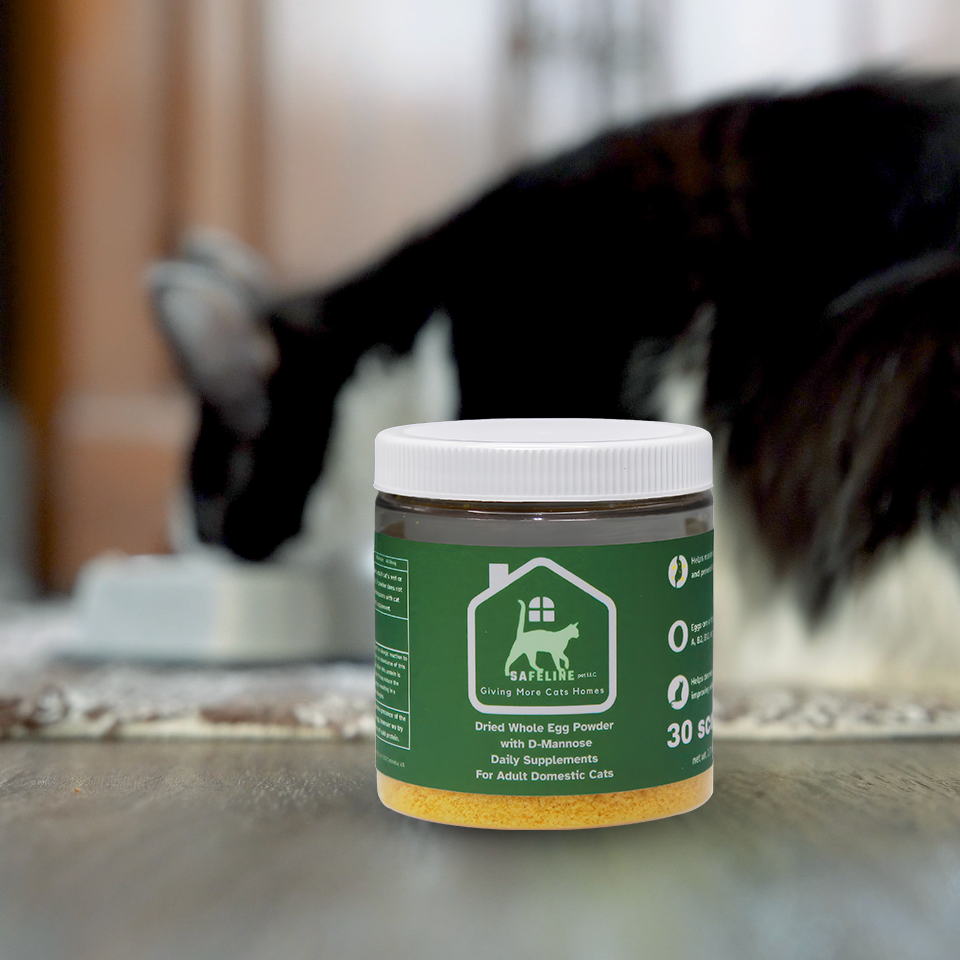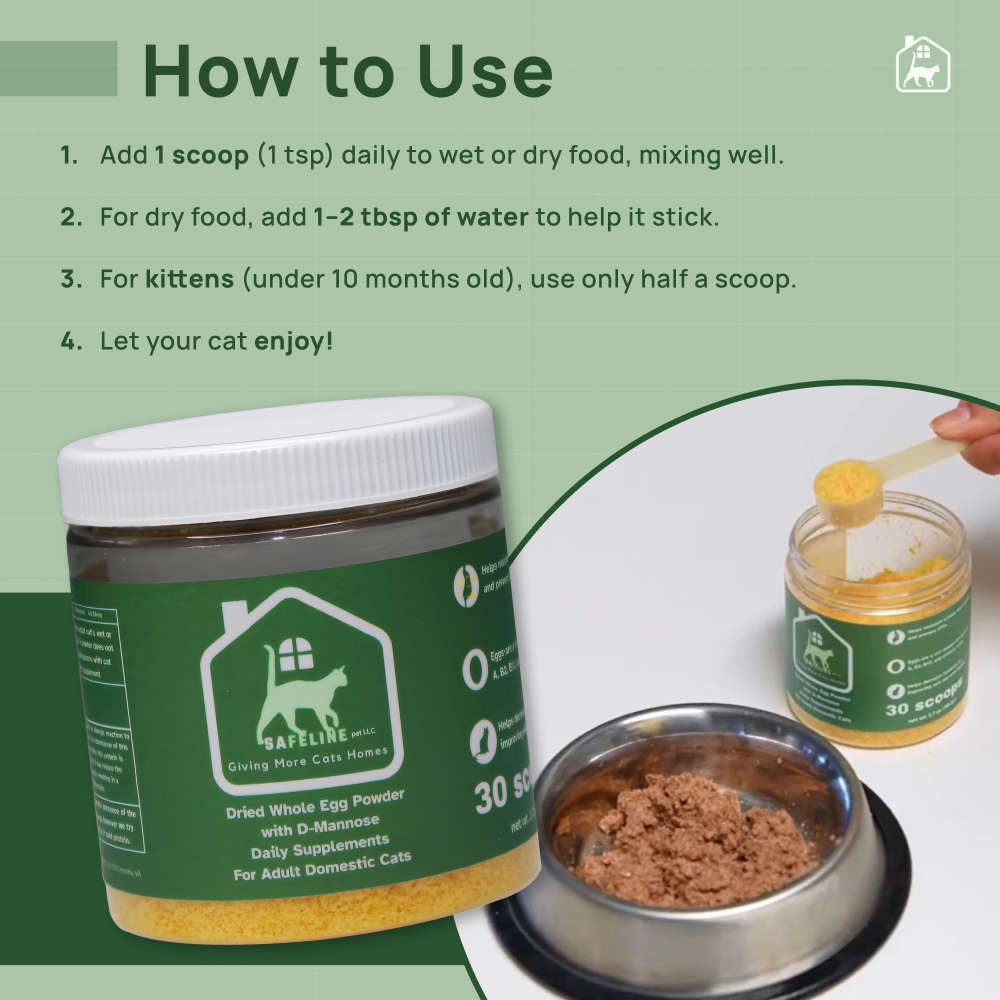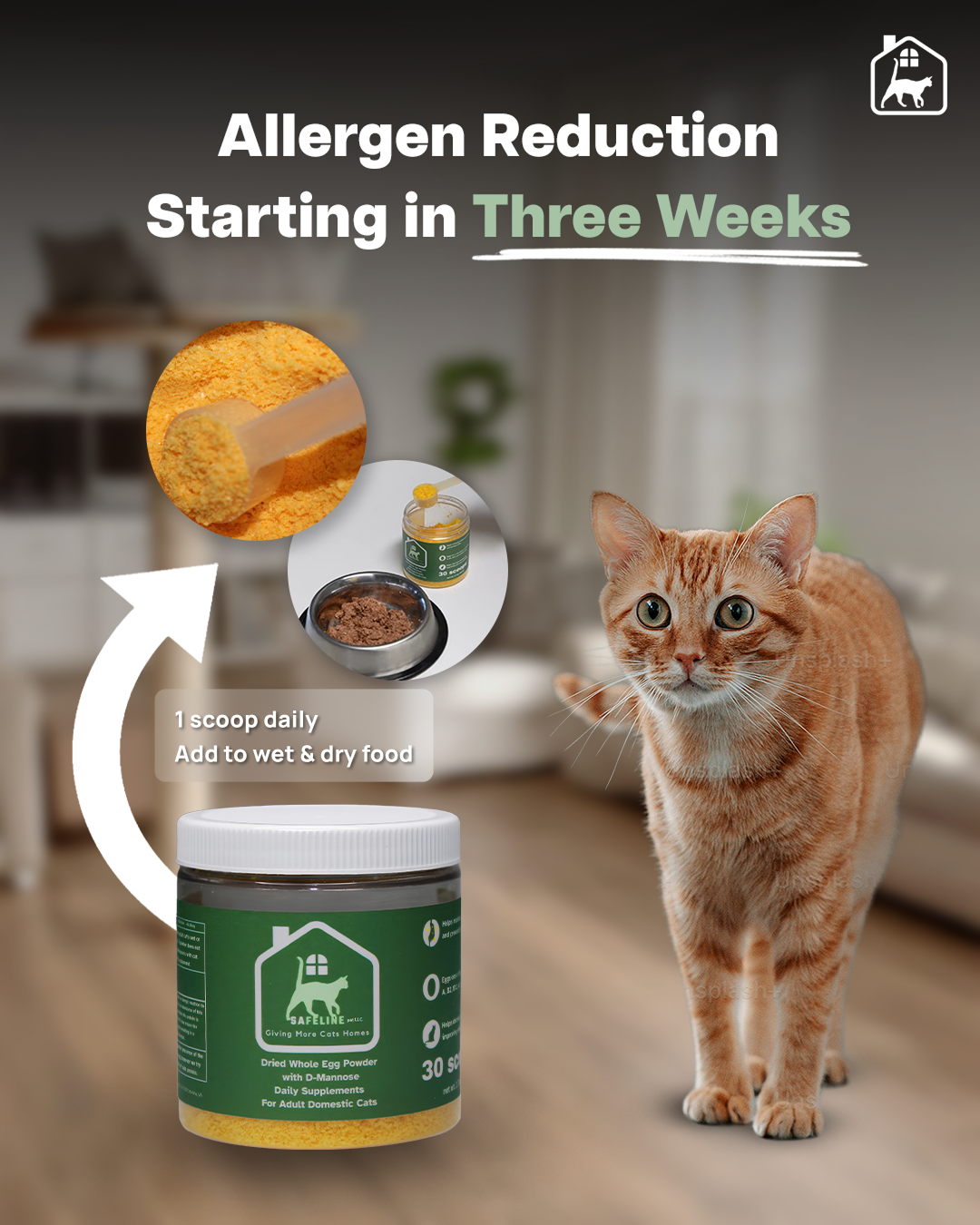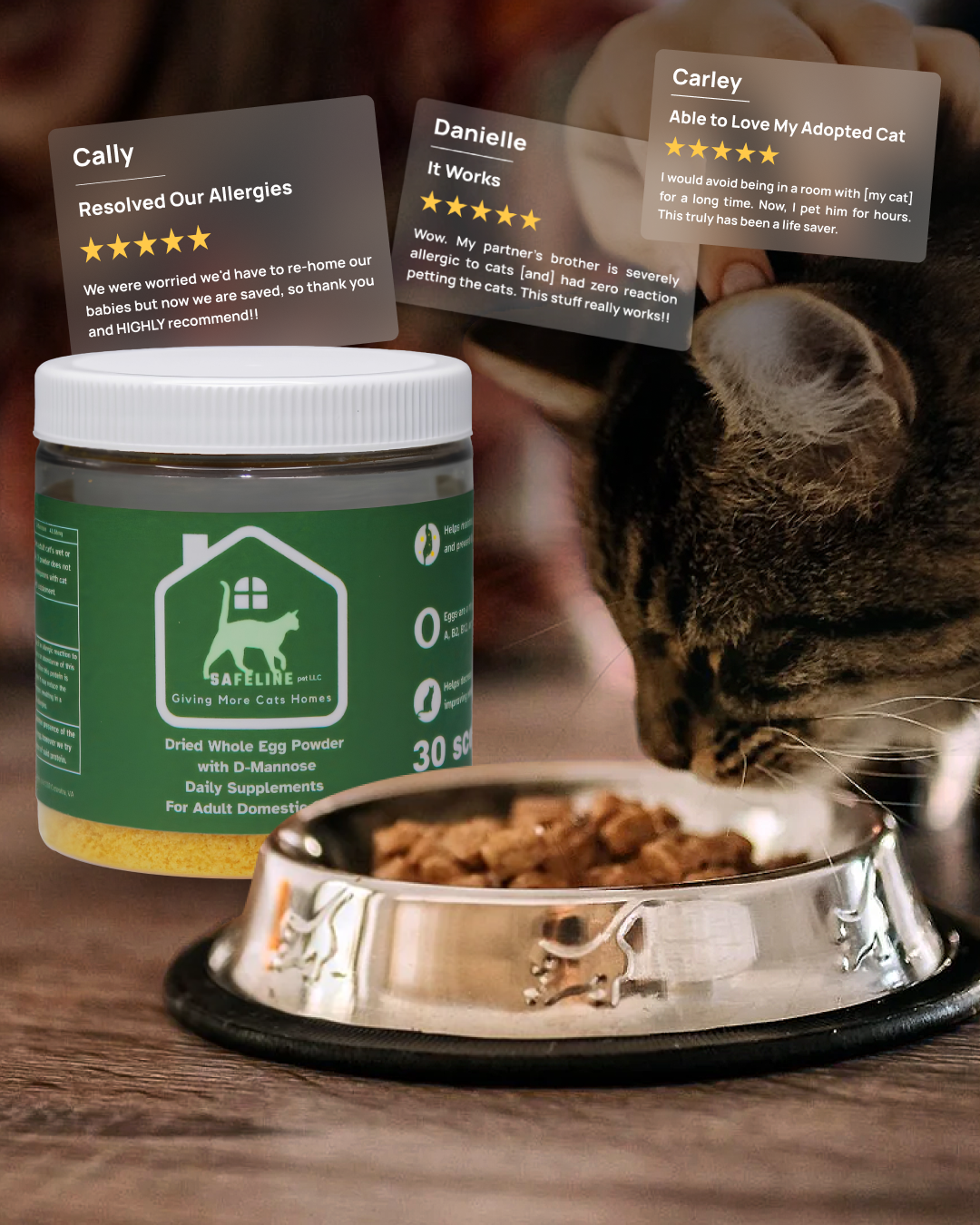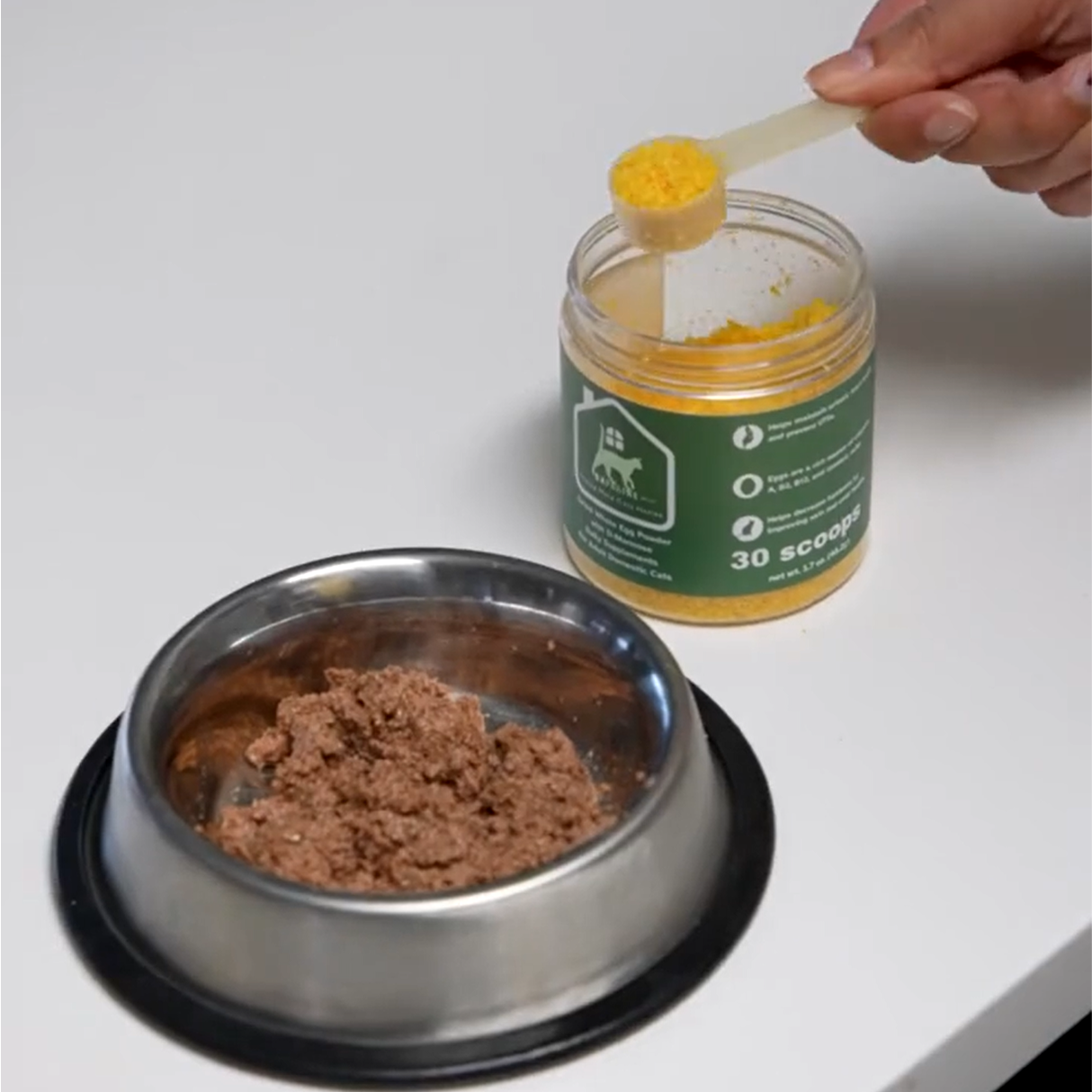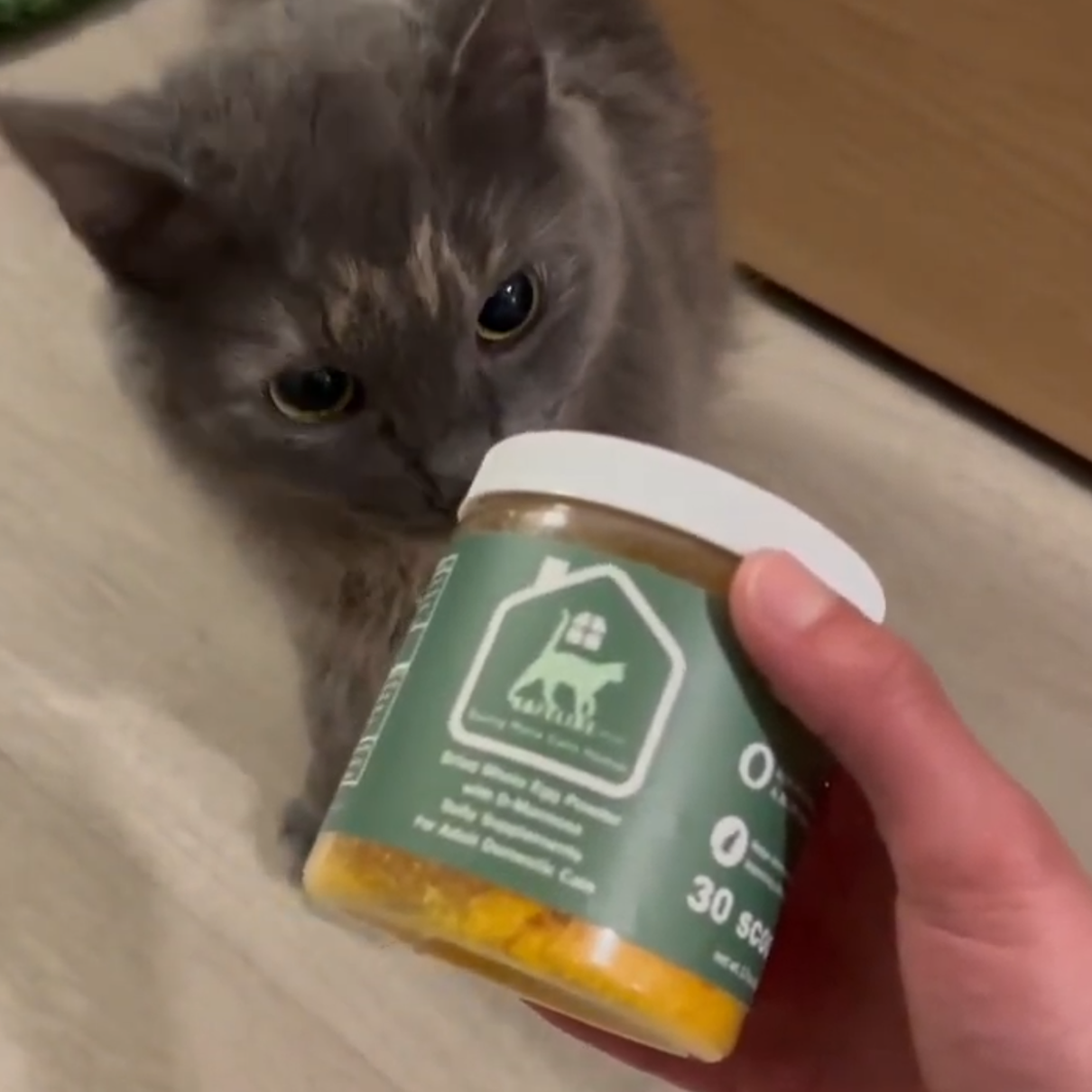
Is your cat suddenly less interested in playtime?
If you've noticed that your once playful feline friend has become less interested in engaging with toys and games, you may be wondering what could be causing this change in behavior. Cats are known for their playful nature, so when they start to lose interest in playtime, it's important to investigate the underlying reasons. In this blog post, we will explore some common factors that can contribute to a decrease in a cat's playfulness and provide some tips on how to address them.
1. Age-related changes
Just like humans, cats go through different life stages, and their activity levels can change as they age. Kittens are typically more energetic and playful, while older cats may prefer to spend their time napping or relaxing. If your cat is getting older, it's natural for their playfulness to decrease. However, it's still important to provide them with opportunities for mental and physical stimulation.
2. Health issues
Health problems can also affect a cat's desire to play. If your cat is experiencing pain or discomfort, they may be less inclined to engage in playful activities. It's essential to monitor your cat's overall health and look out for any signs of illness or injury. If you notice any changes in their behavior, it's best to consult with a veterinarian to rule out any underlying health issues.
3. Boredom and lack of stimulation
Cats are intelligent creatures that require mental and physical stimulation to thrive. If your cat isn't getting enough enrichment in their environment, they may become bored and disinterested in playtime. Make sure to provide them with a variety of toys, scratching posts, and interactive play sessions to keep them engaged and entertained.
4. Stress and anxiety
Cats are sensitive animals, and stress or anxiety can greatly impact their behavior. Changes in their environment, such as moving to a new home or the introduction of a new pet, can cause stress and make them less inclined to play. Creating a calm and secure environment for your cat, along with providing them with plenty of hiding spots and vertical spaces, can help alleviate their stress and encourage playfulness.
5. Lack of social interaction
Cats are social animals, and they often enjoy interactive play with their human companions. If your cat isn't getting enough quality time with you, they may become less interested in play. Set aside dedicated play sessions each day to bond with your cat and engage them in interactive play. This will not only stimulate their natural hunting instincts but also strengthen the bond between you and your feline friend.
Conclusion
If your cat has become less playful, it's essential to investigate the underlying reasons and address them accordingly. Whether it's age-related changes, health issues, boredom, stress, or lack of social interaction, understanding the cause can help you find the appropriate solutions. By providing your cat with a stimulating environment, regular play sessions, and addressing any health concerns, you can help reignite their playful spirit and ensure their overall well-being.


